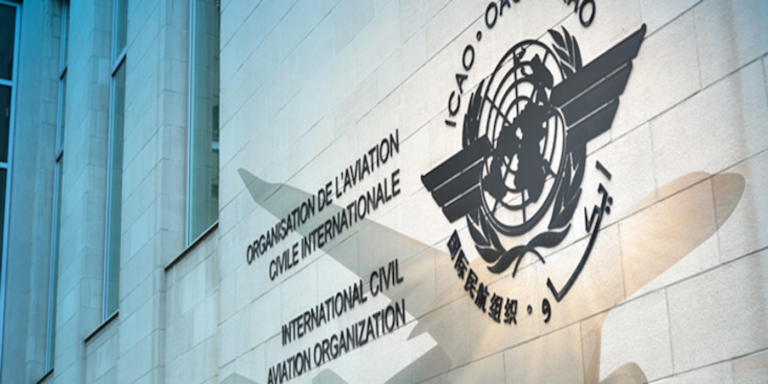The International Civil Aviation Organization (ICAO) has produced some preliminary forecasts relating to the expected economic impacts from COVID-19 travel bans on international air connectivity.
ICAO currently reports that some 70 airlines have cancelled all international flights to/from mainland China, and that a further 50 airlines have curtailed related air operations. This has resulted in an 80% reduction of foreign airline capacity for travellers directly to/from China, and a 40% capacity reduction by Chinese airlines.
Prior to the outbreak, airlines had planned to increase capacity by 9% on international routes to/from China for the first quarter of 2020 compared to 2019.
ICAO’s preliminary estimates indicate that the first quarter of 2020 has instead seen an overall reduction ranging from 39% to 41% of passenger capacity, or a reduction of 16.4 to 19.6 million passengers compared to what airlines had projected. This equates to a potential reduction of US$4 to 5 billion in gross operating revenues for airlines worldwide.
The above estimates do not include potential impacts due to reductions in international air freight movements on cargo-only aircraft, airports, air navigation service providers, to Chinese domestic air traffic, or to international traffic with respect to the Hong Kong and Macau Special Administrative Regions of China, or its Taiwan Province.
With respect to major tourism-related impacts in the first quarter of 2020 due to reductions in Chinese air travellers, ICAO estimates that Japan could lose US$1.29 billion in tourism revenue, followed by Thailand at US$1.15 billion.
The agency also noted that COVID-19 impacts are expected to be greater than those caused by the 2003 SARS epidemic, in light of the higher volume and greater global extent of the flight cancellations being seen. Seasonal passenger load factors are another extenuating factor, as is the fact that China’s international air traffic has doubled, and its domestic traffic increased five-fold, since the 2003 period.
ICAO stresses that these are preliminary figures and forecasts, and that they do not yet take into account the more comprehensive assessments of direct and indirect COVID-19 economic impacts, which will eventually be determined.





